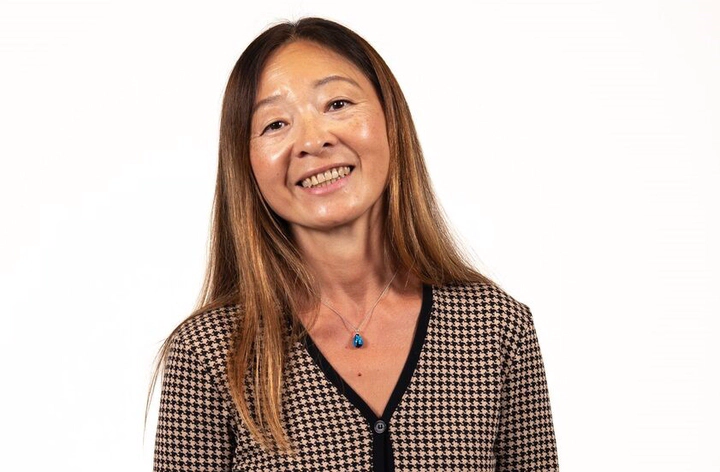Talk by Prof. Amy Q. Chen
 Image credit - OIST
Image credit - OISTViscoelastic instabilities in microfluidic flows
(Monday 29.04.2024 – 16.00-17:00 – Seminarraum 10, Kolingasse 14-16, OG01)
Microfluidics has emerged as a versatile platform for manipulating fluids at small scales, offering a wide range of deformation rates and direct visualization of flow fields. This provides unique opportunities for capturing flow instabilities of viscoelastic fluids in real time. Through subtractive three-dimensional (3D) printing, such as selective laser-induced etching (SLE), glass microfluidic devices can sustain high flow rates, explore uncharted flow regimes, and enable multi-plane flow visualization, facilitating quantitative study of 3D flows.
Prof. Chen in her presentation, highlighted the use of microfluidic platforms utilizing microfluidic cylinders to probe the intricate viscoelastic instabilities of complex fluids. They are used to simulate synchronized or coupled motions of motile objects like cilia in biological fluids, they introduced viscoelastic fluid- structure interaction in glass microfluidic devices containing free-standing microfluidic circular cylinders. Their studies reveal highly correlated dynamics of slender bodies in viscoelastic flow, offering insights into analogous processes in biological systems. Expanding on this, they investigated the coupling between viscoelastic fluid and micropillar arrays, unveiling the spontaneous emergence of metachronal waves. They propose that these waves stem from pulses of localized high elastic stresses propagating through the elastic wakes around the pillars. The occurrence of these waves is chaotic and exhibits characteristic signatures of elastic turbulence.